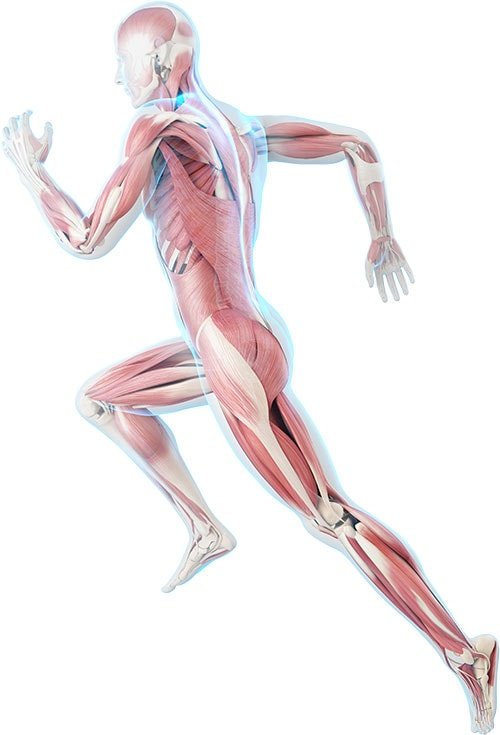Regenexx Rotator Cuff Stem Cell Procedure Study
Shoulder Rotator Cuff Study Patient Requirements
- The patient must be willing to come to the Broomfield clinic for first an initial evaluation to make a final determination of study eligibility (includes diagnostic ultrasound)
- There is no guarantee they will be eligible
- The cost of this evaluation will be billed to the patient and/or their insurance
- If eligible, the patient must be willing to return for treatment at the Broomfield clinic and for all post-injection treatments (6 weeks, 3 months, 6 months, 12 months, 24 months)
- Costs of any travel will be the responsibility of the patient
- The patient will be randomized to receive either Regenexx-SD treatment or be instructed in a home exercise therapy program
- Patients in the exercise therapy group will have the opportunity to receive a Regenexx SD treatment after the three month visit if they do not respond to the exercise therapy
- The Regenexx SD treatment will be provided at no cost to the patient
- The patient must have a shoulder MRI current within the last year at their own cost for study screening purposes.
- The subject must meet all inclusion criteria and not meet any exclusion criteria (complete list below). Key criteria include:
- Age 18-65
- Can comply with all post-operative evaluations and visits
- No previous surgery to the affected shoulder
- No current or past malignancy (cancer)
Inclusion Criteria
Candidates must meet ALL of the following:
- Voluntary signature of the IRB approved Informed Consent,
- Skeletally mature Male or Female ages 18 to 65
- Unremitting pain in the affected shoulder having failed conservative treatment (e.g. NSAIDs, physician initiated physical therapy or a corticosteroid injection) for at least 3 months
- Significant functional disability related to pain, lack of strength, or other shoulder symptoms
- Physical examination consistent with Rotator Cuff tear
- Positive diagnostic imaging, which may include arthrogram, ultrasound and/or MRI, on the affected shoulder indicating a non-retracted supraspinatus tendon tear comprising at least one half the tendon thickness in the anterior-posterior and/or superior-inferior planes
- Reasonable movement of the non-treated arm, defined as a shoulder elevation of equal or more than 90°, and able to perform (post-injection) exercises
- Is independent, ambulatory, and can comply with all post-operative evaluations and visits
Exclusion Criteria
Candidates will be excluded if they meet ANY of the following:
- A massive rotator cuff tear as demonstrated by Grade 3 or less muscle strength on testing internal and external rotation of the affected shoulder
- Previous surgery to the affected shoulder
- Prior rotator cuff prolotherapy, PRP or other RC injection-based therapies within the past three months,
- Concomitant tears of multiple rotator cuff or biceps tendons
- Grade 2 or greater SLAP tear
- Type 3 acromion
- Significant bone spur in subacromial space
- Inflammatory or auto-immune based joint diseases or other upper extremity pathology (e.g., rheumatoid arthritis, systemic lupus erythematosus, psoriatic arthritis, polymyalgia, polymyositis, gout pseudogout)
- Quinolone or Statin induced myopathy/ tendinopathy
- Kellgren-Lawrence grade 2 or greater glenohumeral osteoarthritis
- Adhesive capsulitis (mild or severe)
- Symptomatic cervical spine pathology (e.g. radicular cervical pain)
- Severe neurogenic inflammation of the cutaneous nerves about the shoulder
- Shoulder instability requiring surgical stabilization
- Contraindications for MRI
- Tested positive or has been treated for a malignancy in the past or is suspected of having a malignancy or is currently undergoing radiation or chemotherapy treatment for a malignancy anywhere in the body, whether adjacent to or distant from the proposed injection site
- Condition represents a worker’s compensation case
- Currently involved in a health-related litigation procedure
- Is pregnant
- Bleeding disorders
- Currently taking anticoagulant or immunosuppressive medication
- Allergy or intolerance to study medication
- Use of chronic opioid,
- Documented history of drug abuse within six months of treatment
- Any other condition, that in the opinion of the investigator, that would preclude the patient from enrollment
If you meet all of the criteria for a study and are able to travel to the research study location for all of the required follow-up of visits, please contact us at 888-525-3005 or via email at [email protected].


